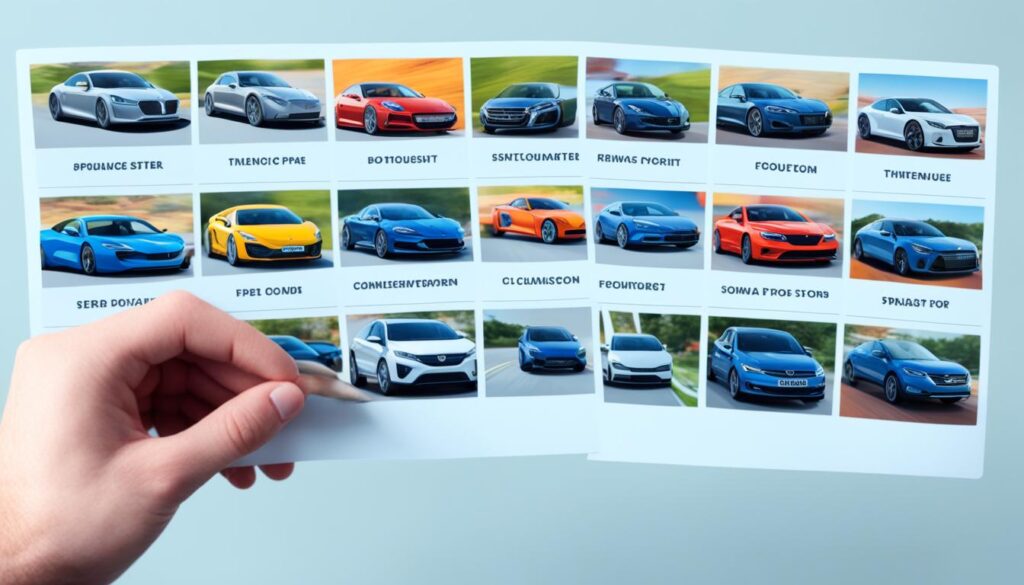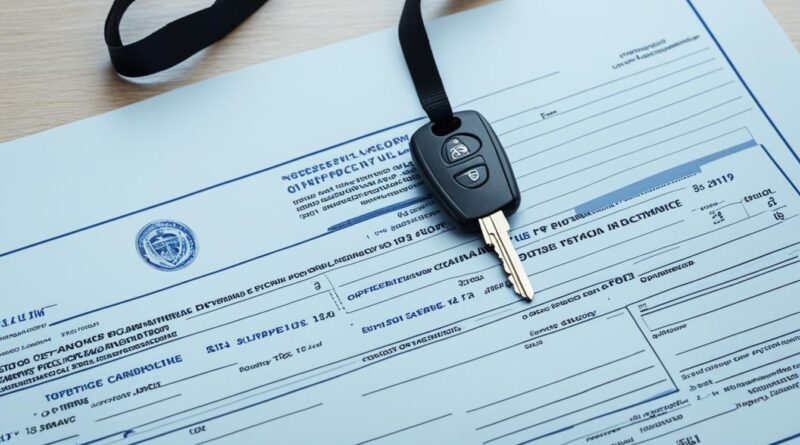How to Get License For Car Auction
In this article, we’ll guide you through the process of obtaining a license to participate in car auctions. Whether you’re a seasoned car enthusiast or a newcomer to the auction scene, understanding the licensing requirements is crucial to ensuring you can legally and successfully bid on vehicles. We’ll cover the essential steps, the relevant governing bodies, and provide valuable tips to help you navigate the licensing process with confidence.
Navigating the Licensing Requirements for Car Auctions
Before you can start bidding at car auctions, it’s essential to understand the licensing requirements. Proper licensing ensures that you comply with the various regulations and laws governing the car auction industry. In this section, we’ll explore the importance of obtaining the right license and identify the key governing bodies responsible for overseeing the licensing process.
Understanding the Importance of Proper Licensing
Obtaining the necessary car auction license is crucial for several reasons. First and foremost, it demonstrates your compliance with the legal requirements set by your state or local authorities. Failing to secure the appropriate car auction license can result in significant fines, legal penalties, and even the inability to participate in car auctions altogether.
Additionally, a valid license provides credibility and trust in the eyes of both the auction house and other bidders. It shows that you have the necessary knowledge, experience, and authorization to engage in the car auction process legally and responsibly.
Identifying the Relevant Governing Bodies
The specific licensing requirements for car auctions can vary depending on your location and the type of auction you plan to attend. Generally, the key governing bodies responsible for overseeing the licensing process include:
- State or local car auction licensing agencies
- Departments of Motor Vehicles (DMV) or equivalent state agencies
- Specialized car auctioneer licensing boards or associations
It’s important to research the specific requirements in your area and ensure that you obtain the necessary car auction bidder license or car auctioneer license before participating in any car auctions.

“Obtaining the proper licensing is a crucial step in ensuring a smooth and successful car auction experience.”
By understanding the licensing requirements and working with the appropriate governing bodies, you can navigate the car auction industry with confidence and comply with all relevant regulations.
Get License Car Auction: A Step-by-Step Guide
Navigating the process of obtaining a car auction license may seem daunting at first, but with the right guidance, you can successfully secure the necessary paperwork to start bidding on your dream vehicles. In this step-by-step guide, we’ll walk you through the key requirements and steps to get your car auction license.
Understand the Licensing Requirements
The first step in the car auction bidder license application process is to familiarize yourself with the specific licensing requirements in your state or jurisdiction. Each region may have different regulations and procedures, so it’s important to research the guidelines thoroughly. This includes identifying the relevant governing bodies that oversee the car auctioneer license process and understanding any necessary training or examinations you may need to complete.
Gather the Required Documents
Once you have a clear understanding of the licensing requirements, you’ll need to gather the necessary documentation. This may include personal identification, proof of business registration, and any relevant certifications or qualifications. Be sure to carefully review the application checklist to ensure you have all the required materials before submitting your how to get car auction license paperwork.
Complete the Application Process
With your documents in hand, you can now proceed with the steps to get car auction license application process. This may involve submitting your forms, paying any associated fees, and potentially attending an interview or examination. Be prepared to provide detailed information about your experience, knowledge, and intentions for participating in car auctions.
Obtain the Necessary Training
Depending on your state or jurisdiction, you may be required to complete specialized training or education programs as part of the car auction bidder license application process. This could include courses on auction procedures, bid management, or even auctioneer certification. Be sure to research and fulfill all training requirements to ensure a smooth and successful licensing experience.
By following these steps and diligently navigating the car auctioneer license process, you’ll be well on your way to securing the necessary credentials to start bidding at car auctions. With your license in hand, you’ll be able to confidently and legally participate in the exciting world of automotive auctions.

Tips for Maintaining Your Car Auction License
Maintaining your car auction license is essential to ensure your continued participation in the industry. To keep your license in good standing, we recommend regularly reviewing the renewal process and staying up-to-date with any changes in compliance regulations. By following these best practices, you can confidently navigate the ongoing requirements and demonstrate your commitment to operating within the established guidelines.
One of the key aspects of maintaining your license is being proactive about the renewal process. Make a note of your license expiration date and start the renewal process well in advance to avoid any disruptions to your business. This will give you ample time to gather the necessary documentation and submit your application without rushing.
Additionally, it’s crucial to stay informed about the latest industry regulations and compliance requirements. Regularly check the websites of the governing bodies responsible for overseeing car auctions in your area, such as the state motor vehicle department or the National Auto Auction Association. By staying up-to-date, you can ensure that your operations continue to align with the evolving standards and avoid potential penalties or license revocation.

